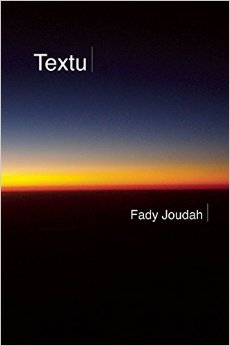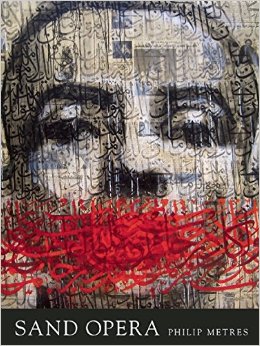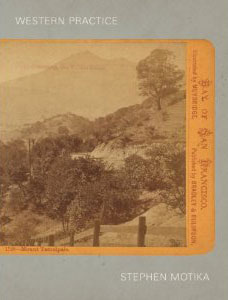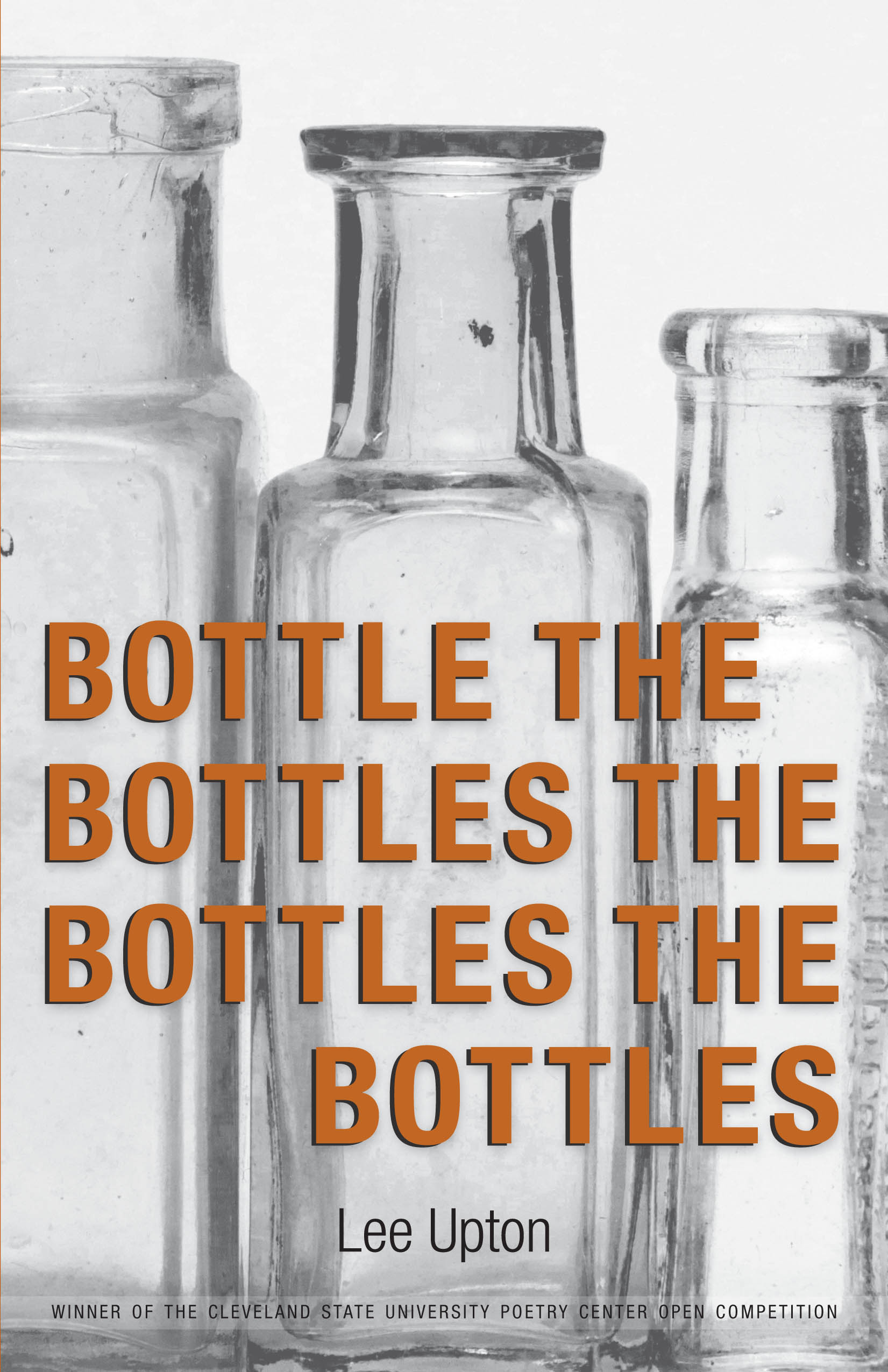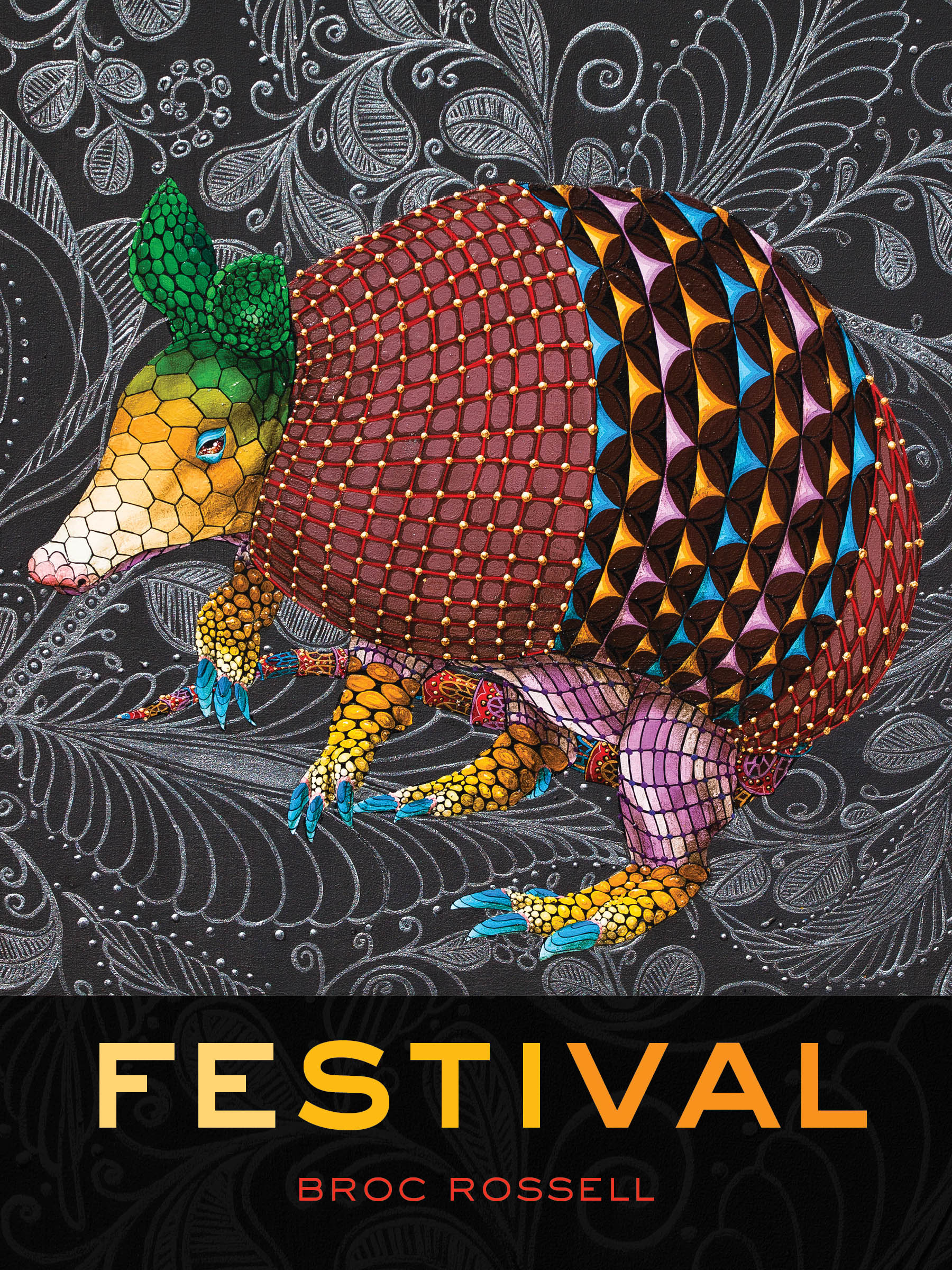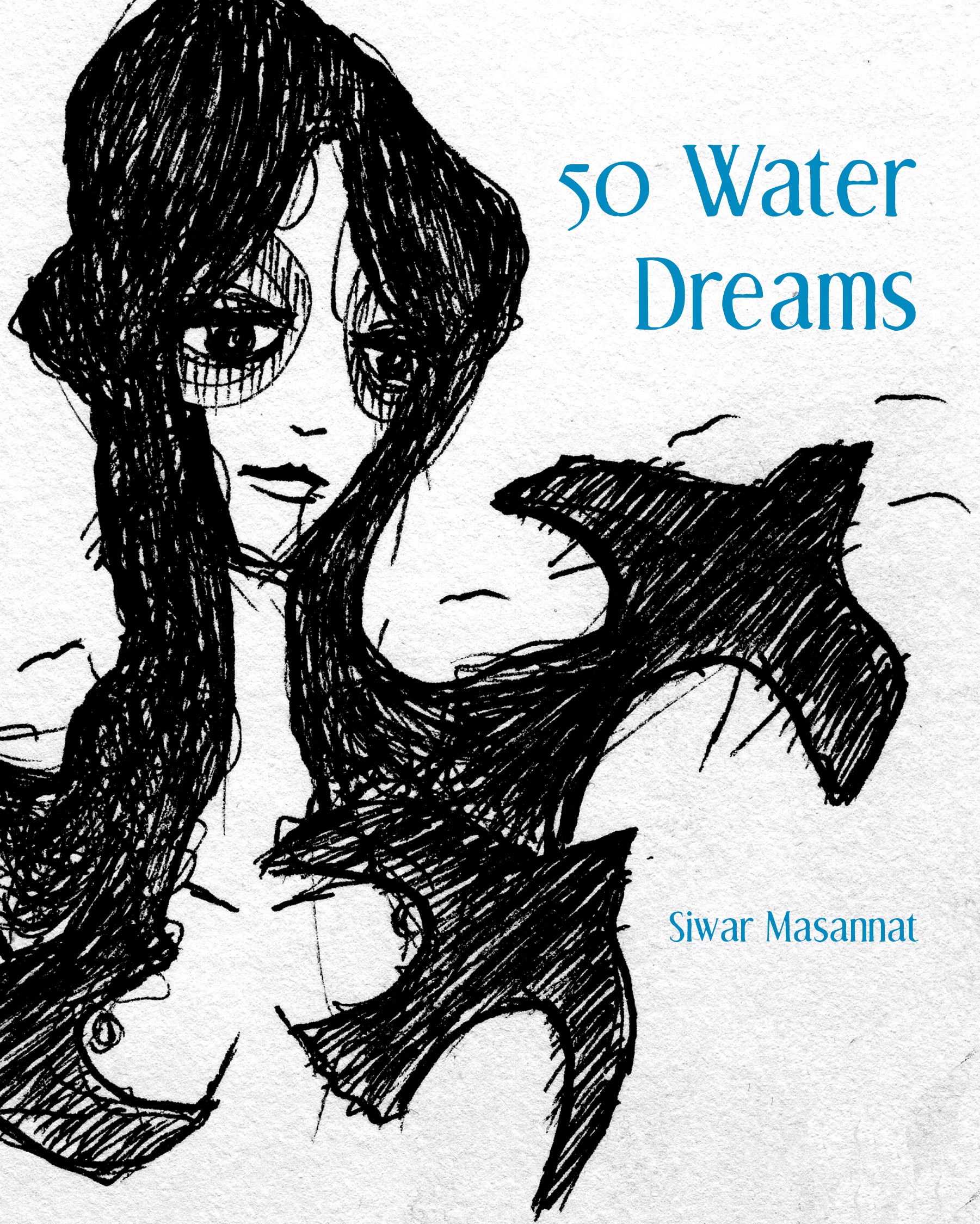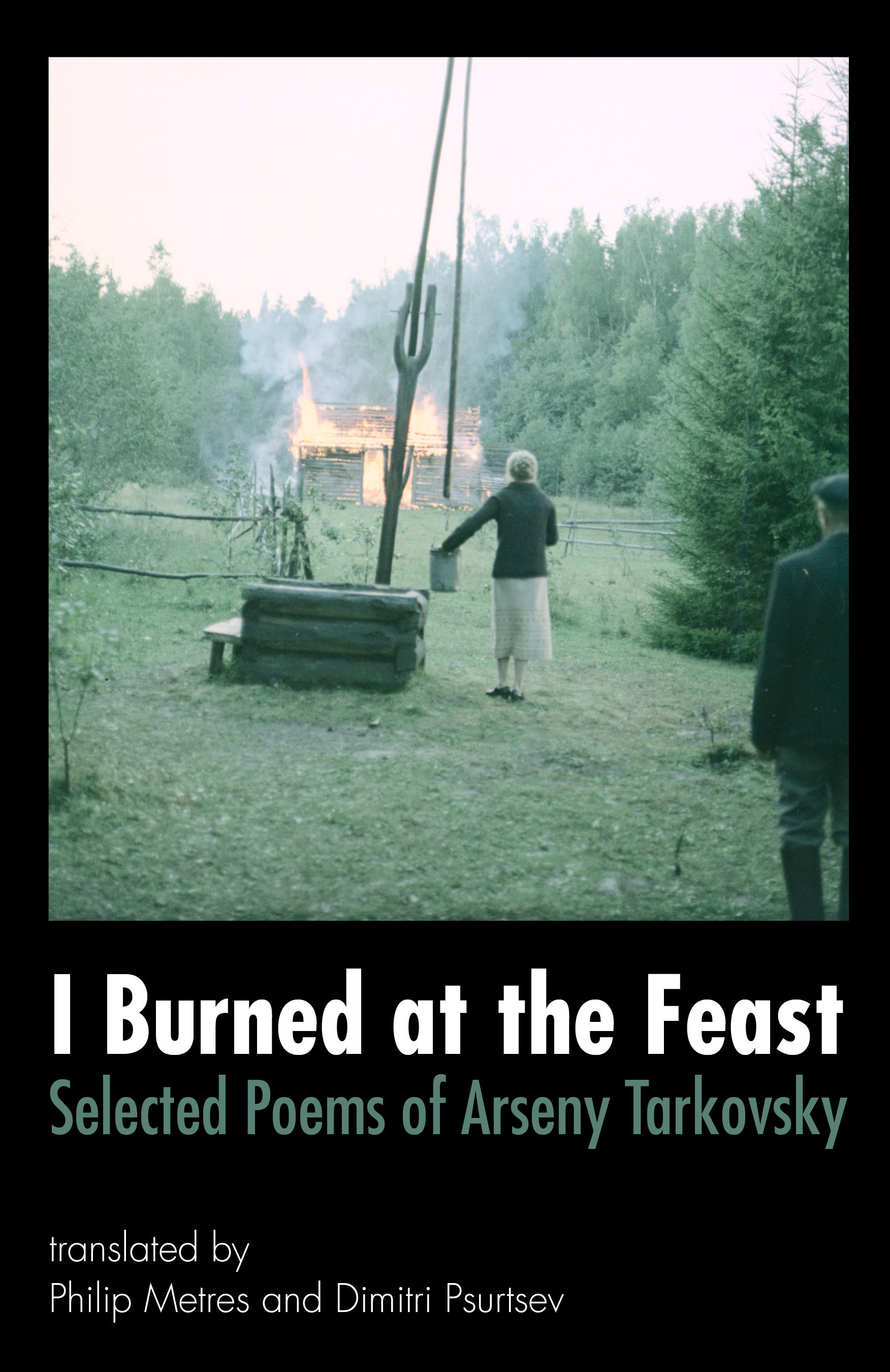Brandon North: My Fault is comprised of several different kinds of poems. There are poems in couplets, iterations of free verse, a prose poem, poems in a single stanza block, and the first poem, “Grown to Covet,” has some fairly loud rhymes right as the reader dives in. Could you say a little about why the different forms of poems are important in My Fault? And do the collection’s opening lines—“I am most myself when watching / a stranger hit my hand”—indicate something to a reader about using different poetic forms as a way to examine many types of interactions between the self and others?
Leora Fridman: I think the different kinds of poems in My Fault point to a fairly common story about first books — that most are much more a collection than they are in any way a “project.” My Fault came together in a moment of frustration with an earlier manuscript, a manuscript that was one long poem and that I’d been sending out for two years to lots of great but inconclusive finalist-ing. Instead of sending that one out again, I decided to rip apart of lot of the poems I’d written the previous 3-4 years and put them back together, and thus was made My Fault.
For that reason the book is really a “collection” in the sense of collecting many different times and strategies and attempts, but is united by my interests and obsessions over a certain period of time.
To answer your second question, yes, definitely, this is a book about interaction and missed interaction, failed and flubbed interaction, desired interaction, despised interaction. So yes, to some degree the different forms correspond to different moods I have about what it means to be an individual self interacting with others. I chose to start the collection with a more rhyme-y poem because I find rhyme inviting and calming, a linking back into a comforting nursery-rhyme-ish culture that I can dip into and can seek protection in. So I started there, and I intersperse rhyme (or sound echoes, more precisely) purposefully throughout the book to beckon the reader in more kindly, especially in moments when I think they might be getting confused or scared or distracted or alienated… I mean, I want some of those feelings to happen — the alienation etc — but I’m not personally invested in complete alienation of the reader in these poems. There’s a wave in and out of the more and less comforting.
So the ordering of types of poems in the book definitely has to do with me trying to dip into and out of different kinds of alienation, familiarity, standoffishness, intimacy… not promising that one of those things will last the whole book or that just because I have offered one of those things it will exist into the complete ongoing future. I was just talking last night in Atlanta with Katherine J Lee and Carrie Lorig about multiplicity of emotions — what it means to create a world in which multiple emotions / experiences are actually allowed in one person, and in which one person is not stuck forever in one emotion just because they are having it. I am especially interested in the ways in which people socialized as female are often taught that once we offer intimacy or closeness or welcome or empathy we have to keep offering it even if it becomes uncomfortable or dangerous for us — or even if it just becomes something we no longer want to do. I’m interested in what we can achieve by creating situations (linguistically, poetically) where intimacy exists in small contained glimpses and then goes away, and that is allowed and okay. That makes me feel safe, and boundaried, and in charge of my own body / experience / narrative. Which yes, for me, is all connected to there being many different kinds of poems in this book…
BN: Though several types of poems do appear in My Fault, more often than not the poems employ shorter, fragmented lines with little to no punctuation. Could you discuss why this approach works with the content of your poems? Is there a connection, for example, between how the short lines of the poems take up time and space across pages and how they also produce an effect of cautiousness, or even trepidation, for the reader?
LF: Hm, that’s an interesting interpretation! Ha, yes, I would say trepidation and caution are in the book, for sure. I wouldn’t say the shortness of the lines is related in a linear fashion to an amount of trepidation a speaker is feeling, but I would say they’re intended to evoke trying to piece action and language together in an ethical fashion, and the pause that creates in a mind, the patchwork.
My friend Emily was trying to learn to cook and she would play this game for us where she’d perform a cooking show starring “The Cautious Cook.” She do a great Julia Child voice. She’d pick up an onion and look up, confused. How shall I cut it? She’d say, and wait for an answer. Then, what knife shall I use? Once she got the knife, she’d ask how she was supposed to hold it, how big “chopped” meant. Etc. But this was all real for her. Each step of the process was something she wasn’t sure how to do.
And that jerkiness of caution is in this book. (Not about cooking, but about other things.) The voice in the book is definitely trying to do right — do right by any number of ethical, environmental, gendered approaches — and wants to take its time doing right, understanding right. But at the same time it wants to rush forward, go fast, speak passionately and not care what others think of its formulations… it’s a gushing that cuts itself off.
Another thought: because I enjoy so much the hinge of the stanza and the hinge from fragmented phrase to the next — the insecurity that can happen there, the way one word can turn quickly from one meaning to another because of the stanza break — I also get a lot of pure joy out of working with short lines. I feel I can winnow down to the smallest hitches of meaning and build us back up from there.
One last attempt: I want to pare things back to make room for multiplicity — to provide juuuuust enough structure for the reader to feel safe / on the edge of safe / safe enough to experiment / imagine / place the poem in their own context. Just enough structure that people feel safe enough to imagine their way in. I remember seeing in movies how at Catholic school dances they would tell people not to dance too close during slow dances — to “leave room for Jesus,” or “leave room for the holy ghost,” or something like that. That’s kind of how I picture this — leaving gaps / space so there is room for something meaningful / connected / your own to rush in — so I don’t force your mind in a certain / totally obvious direction, but rather leave space.
BN: On the Poetry Society of America’s website, you write: “I'm variously and always obsessed with blame and responsibility: how to take responsibility, how to blame and forgive, who is responsible for whom, etc. Fault itself is a mathematics, a system for understanding where we stand.” This insightful notion that fault is mathematical implies that measuring fault is not only pervasive—we analyze behaviors all the time—but also that it is a symbolic system which corresponds to real human actions. Could you discuss how the poems in My Fault are informed by the symbolic transfer of blame and responsibility, whether by assigning or removing fault? Are your poems, for example, animated by the notion of a call-out culture, what with the last lines of the book being “I went for the blaming / & found there more embrace”?
LF: Nail on the head for that last bit, yes. Calling-out and calling-in is so much all around me now, and I’m a proponent of both of those moves in different situations depending on the context and depending on the power dynamics. Those last lines also specifically point at the ways I’ve come to identify as a white person with extensive privilege in movement spaces, and how I’ve come to understand that privilege is not a blame game, but rather a way to place ourselves in a larger system — once I came to understand the workings of my own privilege, I found myself more connected, more willing to act, and, yes, even more empowered — to use that word — to move in the world in a more kind, free fashion, more aligned with the liberation of more people.
My Fault has no intention of removing blame from any one party or assigning blame to any one party in particular. Instead it intends to open the conversation about how we assign responsibility and how slippery it can be. I do not mean to say, for example, that historical oppression is to be deigned “slippery” and overlooked. It’s important to me that that not be misunderstood. I’m looking instead to a voice and a way of speaking that notices how fault is passed down and around — that fault is an exchange system and not one we (usually) get paid to handle, labor under or examine.
When I was on tour this past summer I started every reading with an participatory ritual / activity where audience members told one another their faults in a telephone-like fashion, and faults traveled across the room to be spoken at the end by someone completely disconnected from the person who first voiced them. It felt somewhere between the relief of confession and the deviousness of “two truths and a lie.” Both of these feels are in My Fault.
BN: In Dorothea’s Lasky’s essay-chapbook, Poetry is Not a Project, she questions using the word project to describe a poet’s work, maintaining that poets “intuit” poems and do not construct them so linearly as a scientist might conduct an experiment. Rather than a “project,” she states that “Real poetry is a party, a wild party, a party where anything might happen. A party from which you might never return home. Poetry has everything to do with existing in a realm of uncertainty.” In the uncertain (to the say least) political environment we now find ourselves in, what role can a poet have in relation to everyday realities? More generally: how do you approach political issues in your poems, especially in regards to the notion of writing-as-project?
LF: Great question! I so appreciate Dottie’s thinking about a project — even as I am a writer who primarily writes book length / serial poems that build on themselves. Even these, the building monsters that they are, work intuitively — I don’t know what’s going to happen with them when I start, so they grow rhizomatically, as my friend Ellie recently suggested to me, one lump creating another lump’s possibility.
Speaking of growth and lumps: politics, yes. Politics and my involvement in movement spaces related to gender, racial and economic justice are important to me. And now, this month, this fall, I offer thanks that they seem more important to all us, even those of us who wouldn’t call ourselves political at all a few months ago.
At 8 am the morning after the election I skyped into Jessica Bozek’s class in Boston to talk about My Fault. It was 8 am in California and I was emotionally hungover as all hell. The second before the call connected all I could think about was that this was the worst possible thing I could be doing right that moment. I felt trampled.
But the call started, and the students asked about abstraction and liberated language and politics and freedom, and it turned out that poetry, as I should well have known, always has some way it can help us in these moments. I shared with them how strongly I feel that the minute one breaks up traditional ways of speaking and understanding one is making room for non-normative language, non-normative thinking — making room for the mind to tweak and squeak its way out of the ways it is used to thinking… and that is by definition a political act. It’s essential to civic engagement that we think for ourselves, for our communities, that we try to tune into our own needs and the ways they intersect with the needs of others living close around us.
I also spoke with those same students about associative logic — the poems in My Fault work, in most cases, “associatively,” meaning that they move the way my mind moves, they move from one image or word to another because that is the jump that happens in my brain. I think it’s a political act to make public this kind of “internal” associative logic, because when we make them public we presuppose that our internal life is important to the communal, that there are ways of expressing ourselves / our opinions without offering propaganda. I see so many writers and artists shy away from creating explicitly political work because it feels like propaganda – but these last few weeks I’ve seen a dramatic shift there, like there’s nothing to lose suddenly, so folks are letting it out.
Cecilia Vicuña writes, “Life regenerates in the dark. Maybe the dark will become the source of light.”
I think there’s a tremendous place for poetry right now — people are asking for it, emailing it around, reading it in public, etc. A moment of crisis for many of us, and so we turn to broken language, language with gaps, language that attempts to understand without complete enclosing or convincing or proving something to us. Open language — here, I mean poetry, I suppose, though sometimes prose does it, too — helps us understand but still lets us stay alive, not locked up entirely in an external understanding but held squirmily, held, held.























